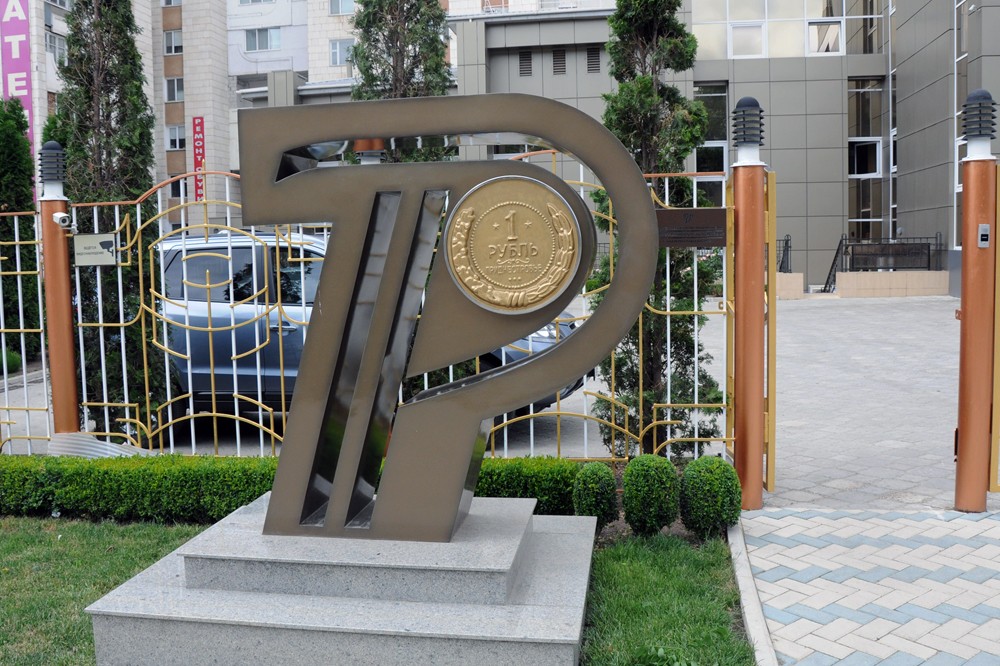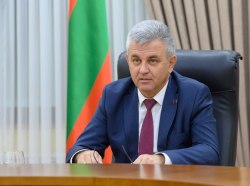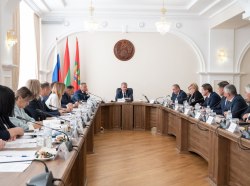PGTRK: Mr Rusov, one of the latest news which raise many commentaries and causes a misunderstanding is that the central bank imposes a 10% commission fee on currency sale. Why has the PRB made such a decision?
Sergey Rusov: First of all, we are accused of exceeding our jurisdiction by imposing this commission. It is not so. We work in full compliance with the legislation and regulations. Pursuant to the regulation on the PRB's currency bidding, the commission is an integral part of our tariff policy. It is the same as commission fees we levy on cash management services. Secondly, we know the current situation. There is a drastic budget gap. And the PRB's profit is a substantial source of replenishing the budget.
PGTRK: Were you forced to do so?
Sergey Russov: No. No one forced us to directly. But the approved budget law indicates the profit we must allocate to the budget. And this amount is quite substantial. Our profit comes from many sources. We gain profit by implementing our tariff policy. That we levy these commission fees along with commission fees on cash management services is an element of this tariff policy. These commission fees form our receipts which, in turn, make up the amount of our profit. This profit is allocated to the budget. Our tariff policy must be estimated and determined based on the indicators we should strive for.
There is a certain contradiction here. On the one hand, according to the law on central bank, profit is not our target. On the other hand, we estimate our spending within the limit of our receipts. And what's more, there is the estimate approved by the Supreme Council, and there is the budget law which we should execute. Our tariff policy is aimed at executing them.
There is one more important point. We have decided that if currency is sold to secure a contract of the legal entity that earlier sold its export currency earnings as required by the law, the currency needed by this legal entity is exempt from this commission within the limit of the previously sold amount. In other word, it is sold commission-free.
PGTRK: In other words, this is unlikely to affect our enterprises, isn't it?
Sergey Russov: It isn't. This is not supposed to affect the enterprises which conduct export operations and afterwards sell their currency earnings as is required by the law. We think there are attempts to substitute notions. Our tariff policy, our commission rates are termed devaluation. But this is not so.
PGTRK: In other words, they say you are intentionally taking measures leading to devaluation?
Sergey Russov: No. Let's analyse this notion. This is important. What is devaluation? Now I'll cite the definition you can find in many textbooks and special literature. Devaluation is an instrument employed by the central bank to manage the state's currency market which consists in reducing the national currency's official rate against other countries' rated currencies and is applied when it is socially and economically appropriate". That's the definition.
What do we have in our case? Here we are: the official rate is not changed, the commission does not apply to all currency flows even within the same currency bidding. Let alone other aspects.








